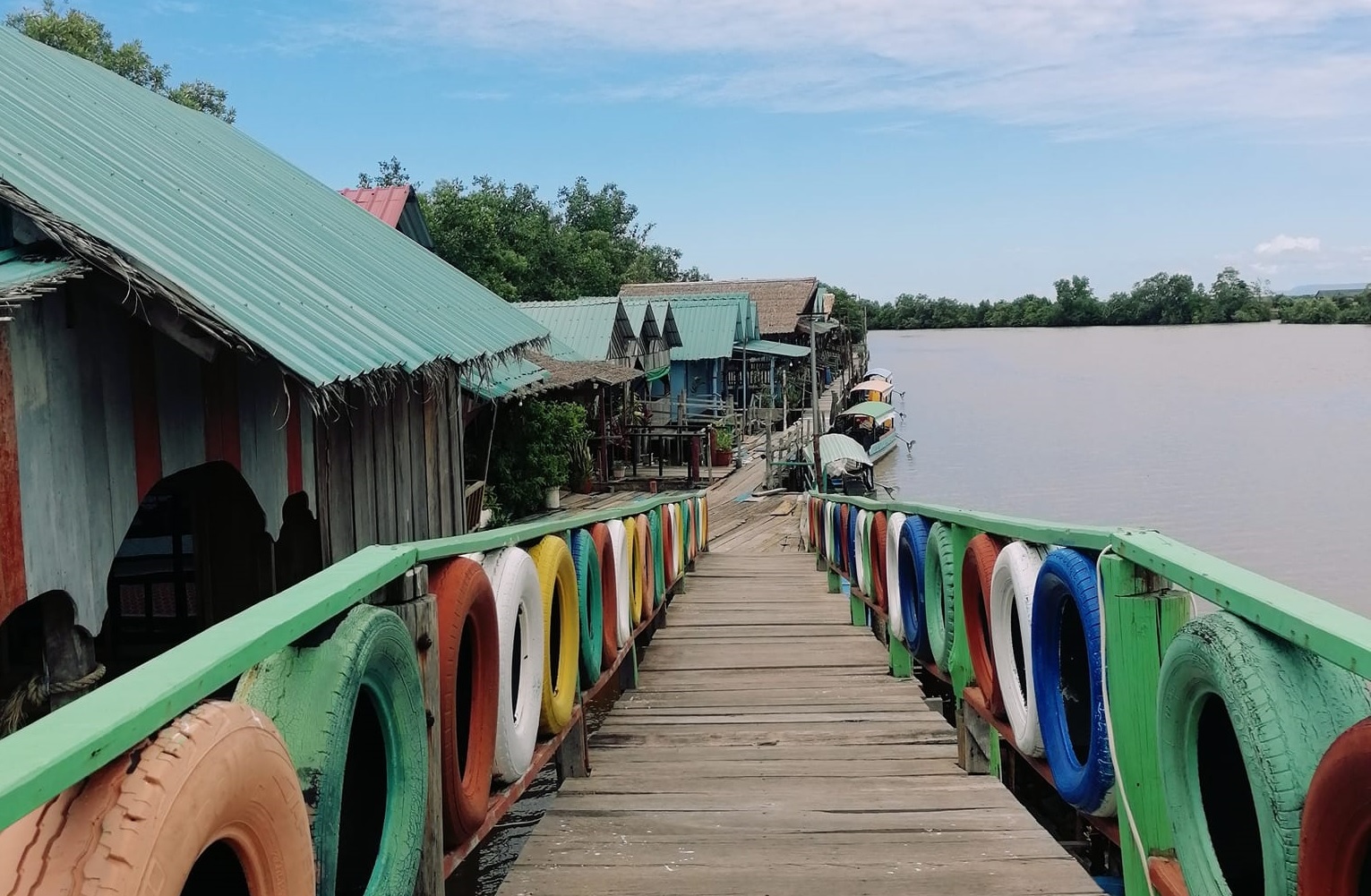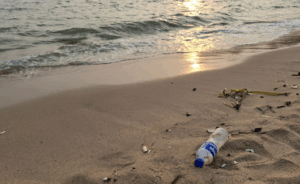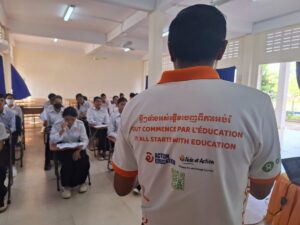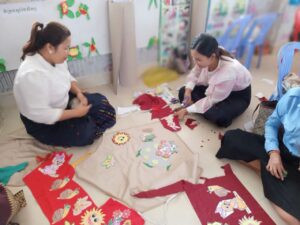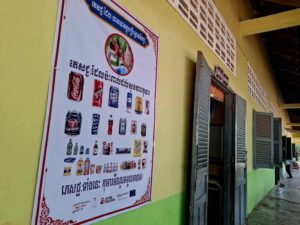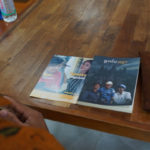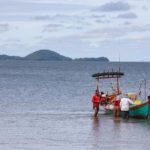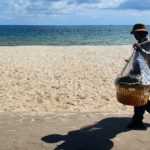The coastal regions of Kep and Kampot reveal a striking contrast of natural beauty and painful history. Action Education / Aide et Action (AEA) invites you to explore Trapeang Sangkae community eco-resort where we stand in solidarity with local communities against economic, environmental and cultural injustice in mainstream tourism. Together, we can reshape travel by promoting responsibility, equity and mutual respect.
Kep and Kampot are known for their stunning landscapes and rich culture, but they also carry the weight of uncomfortable truths from their colonial past. Under French rule, infrastructures were built to exploit resources and labor, disrupting local economies and traditional ways of life. The “civilizing mission” exploited the work of villagers who lost their independence and connection to the land. This colonial legacy still affects the present, highlighting the need for acknowledgement and healing.
Today, there is a troubling reality beneath the glossy surface of luxurious boutique hotels in these regions. These resorts turn the land into a playground for tourists, pushing local fishermen and farmers – who rely on the land and sea for their livelihoods – to the margins. They contribute to an exploitative economic system that harms coastal ecosystems and strains water resources with high demand for lavish amenities like swimming pools. Local traditions are often appropriated and repackaged for consumption, and while these hotels promise a haven of peace, they reveal the deeper, unresolved scars of colonialism.
True “progress” does not come from expanding luxury but from empowering local communities. AEA advocates for a tourism model that uplifts and heals. Responsible tourism celebrates Cambodia’s natural beauty without compromising the dignity of its people. In this vision, beaches, rivers, and mountains are sacred spaces to protect, rather than mere backdrops for a luxurious lifestyle. This model prioritizes the well-being of locals who have nurtured this land for generations, ensuring that the tourism profits benefit them and promote mutual respect.
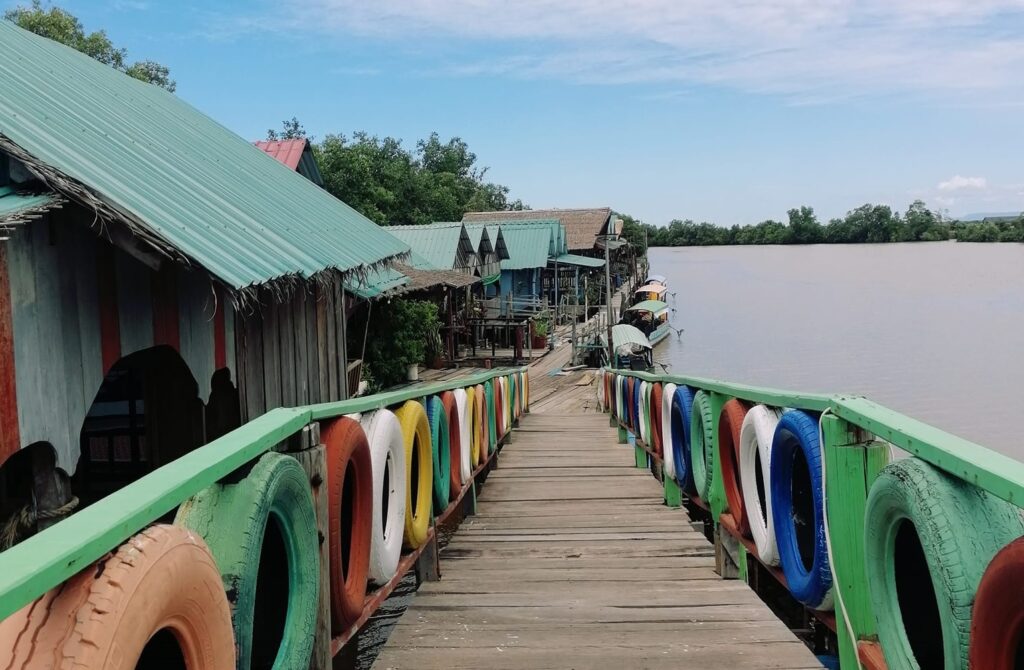
Roots of Resilience: Redefining The Spirit of Tourism
In the lush landscapes of Kampot, where the river meets the mountains, Trapeang Sangkae community eco-resort promotes respect, sustainability, and empowerment. Here, tourists engage with the land, the people and their traditions, beginning their day not with air conditioning, but with the peaceful sounds of a traditional fishing village. In a world often dominated by overconsumption, this eco-resort stands for authenticity. It invites you to experience the Kampot river while supporting the Cham people, with every stay directly benefiting the local community.
Engage in meaningful experiences. Discover a place where Khmer, Cham, and cultures from all around the world intertwine. Choose to stay in a charming house on stilts along the river or with a view of the mangroves. Meet fishing villagers and be inspired by their stories of hope and resilience. Learn from their knowledge of mangrove forests, which protect riverbanks, provide habitats for wildlife, and serve as natural barriers against erosion. Embrace eco-friendly adventures like kayaking and boat tours, and plant trees to help preserve these vital ecosystems.
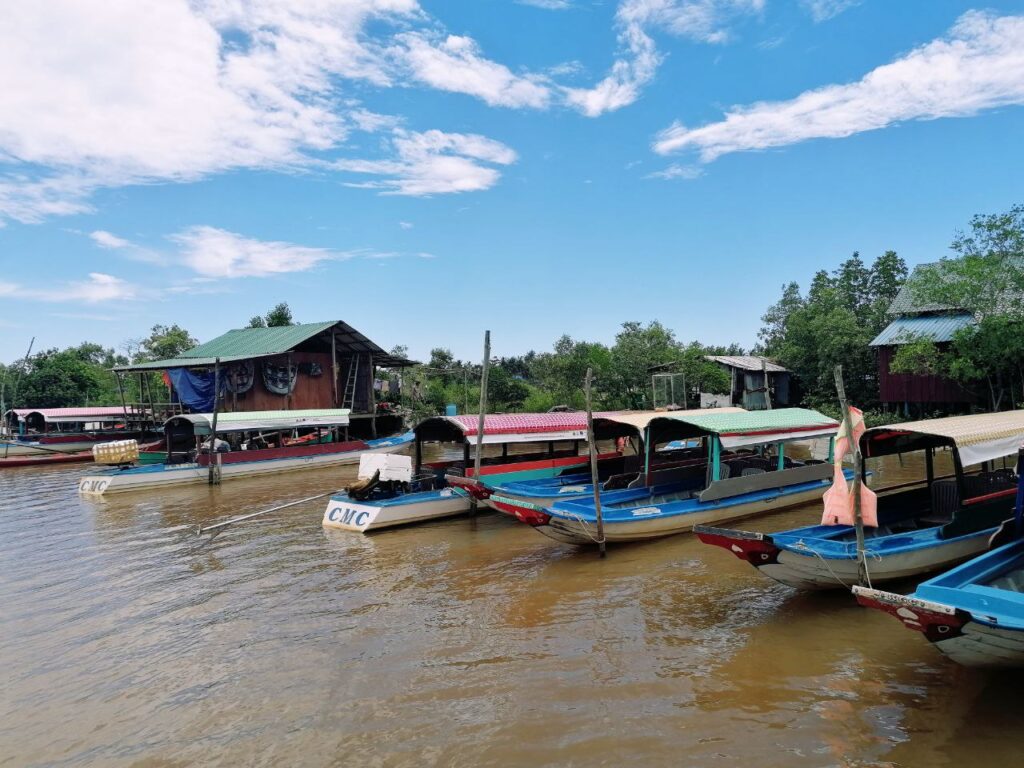
Together, we can build a legacy of respect, empowerment, and resilience. By visiting Trapeang Sangkae, you challenge the legacies of colonialism and address the inequality it has created. Choosing local means standing in solidarity with the community and honoring the rich culture that existed long before luxury resorts. This is tourism that uplifts rather than exploits, cherishes rather than erases, and prioritizes rather than silences local voices. This is the heart of Cambodia where community, culture, and nature unite in harmony. Let’s redefine what it means to travel and create a sustainable, equitable future for everyone.
The Power and Dignity of Community Tourism
High-end resorts may claim to be eco-friendly by offering a few second-hand items or reusable containers, but their operations often cause significant environmental harm, concealing excessive water use and habitat destruction behind a façade of luxury. This mirrors colonial times, when exploitation of people and nature was disguised as “progress.” In contrast, community eco-resorts reveal a harsh truth: real sustainability comes from the ground up, not from the appearance of wealth. At Trapeang Sangkae, visitors can learn about deep-rooted and sustainable practices, while supporting responsible water use and conservation efforts.
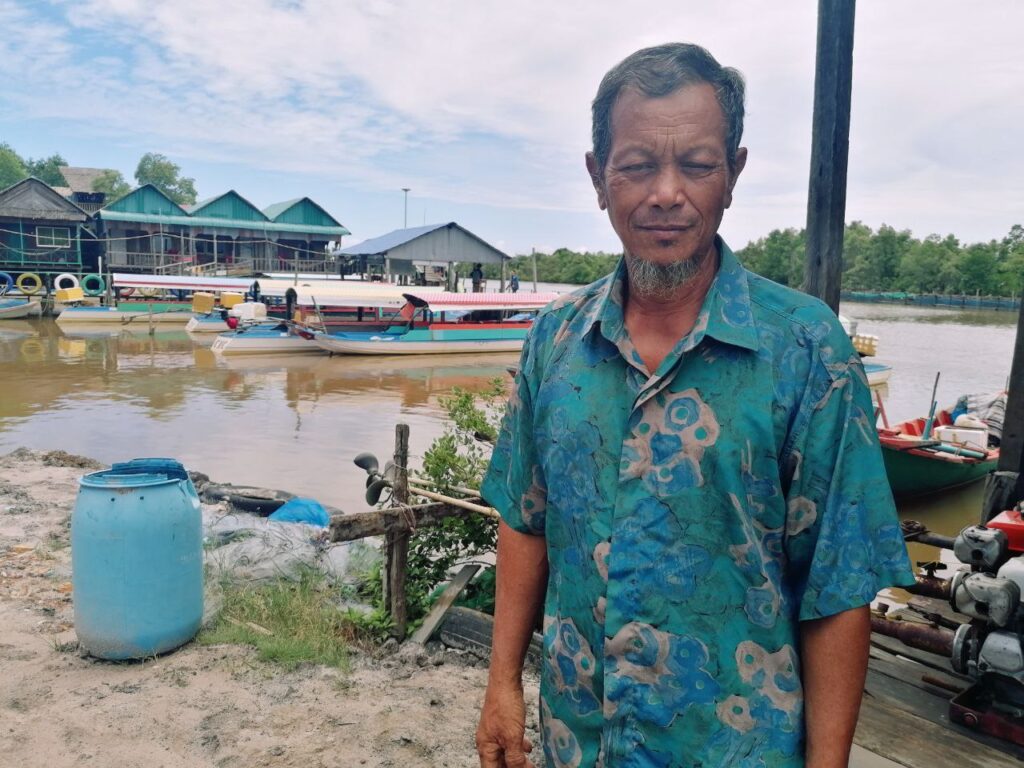
In addition, choosing a community resort off the beaten path is a strong stand against the commodification of culture in mainstream tourism. For example, placing a Buddha statue by a pool in a resort claiming to offer a “Khmer experience” is cultural appropriation for profit. This reduces a sacred symbol of compassion to a mere decoration, reflecting the insidious legacy of colonialism. These resorts are often exclusive, gated behind walls that isolate guests from the very culture they seek to experience. As an alternative, Trapeang Sangkae honors the spirit of the Cham people, their connections with the Khmer community, and their openness to multicultural influences, fostering a sense of unity and respect.
Last but not least, economic segregation in mainstream tourism is stark, favoring foreign investors over local communities. Lavish resorts concentrate wealth among a few expatriate managers, while the majority of the population is marginalized. Promised employment often leads to exploitation, with workers facing low wages and unstable positions. This mirrors past injustices, where a few prosper from the labour of many. In contrast, Trapeang Sangkae is more than a destination; it’s a path toward healing. By choosing a community resort, you stand in solidarity with those long left behind, ensuring tourism benefits directly flow into their hands. Together, we can redefine travel – one rooted in respect, understanding, and mutual growth.



